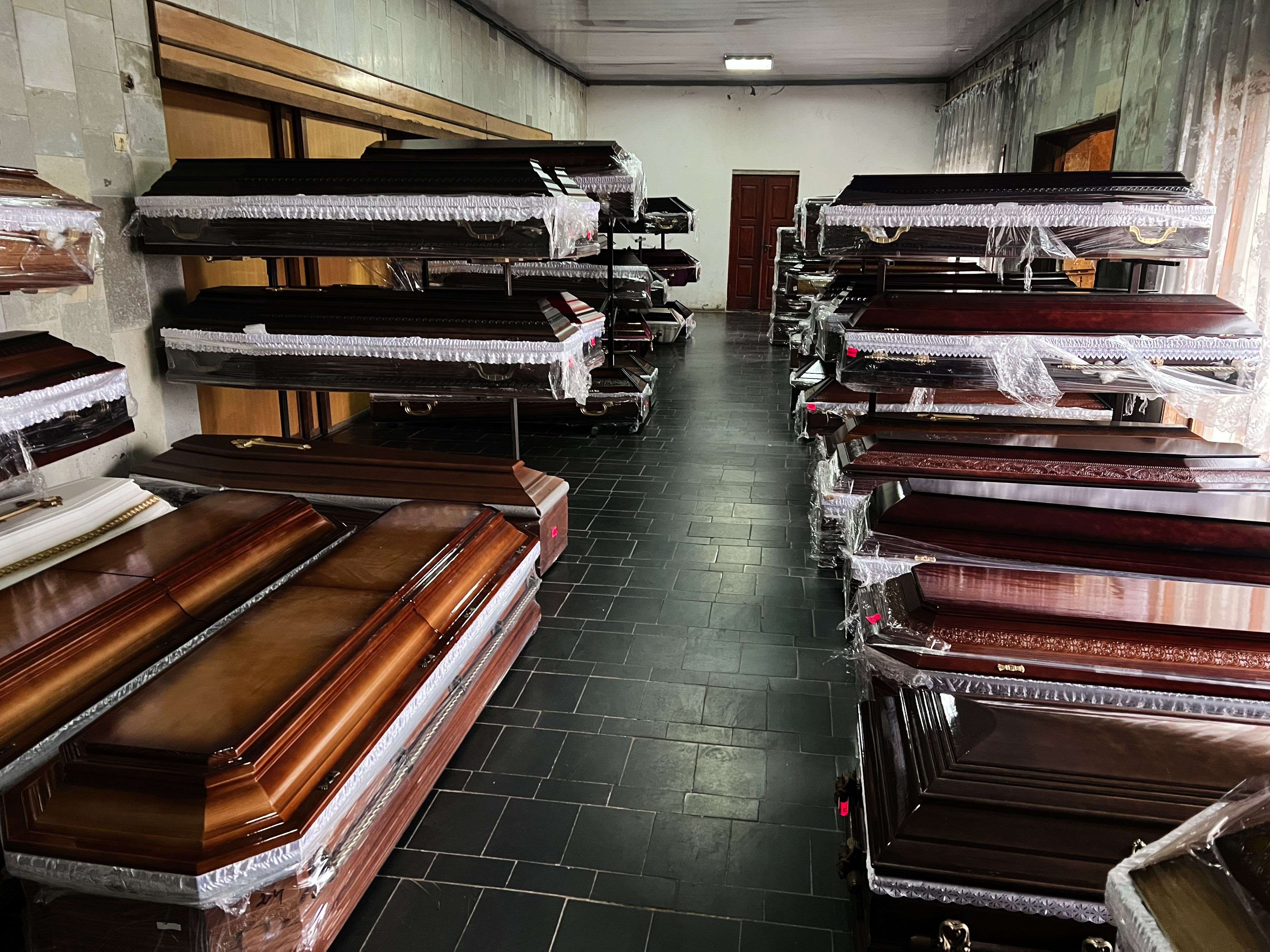What to Do When Someone Dies: A Comprehensive Checklist
Immediate Actions
When someone dies, the initial moments can be overwhelming. It's crucial to handle the immediate tasks with care and attention. First, confirm the death by checking for signs of life. If the death occurs at home and is unexpected, contact emergency services immediately. They will guide you on the next steps and confirm the death officially.
If the person was under hospice care, call the hospice nurse instead. They are trained to handle such situations and can provide necessary guidance and support. Remember, this is a time for calm and measured actions.

Notifying Authorities and Family
Once the death is confirmed, notify the appropriate authorities if you haven't done so already. This includes local police or emergency services, especially if the death was sudden or unattended. They will help with necessary documentation and procedures.
Next, inform close family members and friends. This can be a difficult task, so consider enlisting the help of other family members or friends to assist with these calls. It's important to communicate clearly and compassionately.
Arranging for the Body
After notifying authorities, arrangements for the body need to be made. Contact a funeral home to transport the deceased to their facility. If the deceased had pre-arranged funeral plans, contact the chosen provider immediately. The funeral director will guide you through the process and assist with necessary paperwork.

Handling Legal Matters
It’s essential to locate any legal documents such as a will or trust to understand the deceased's wishes regarding their estate. If you cannot find one, you may need to consult with a probate attorney. They will help navigate estate settlement and ensure all legal obligations are met.
Additionally, secure the deceased’s property and belongings. This includes locking up their home, securing valuables, and safeguarding important documents like passports and financial records.
Informing Organizations and Agencies
Notify financial institutions, insurance companies, and government agencies about the death. This includes banks, credit card companies, Social Security Administration, and pension services. Each organization will have specific procedures for closing accounts or transferring benefits.

Planning the Funeral or Memorial Service
Begin planning the funeral or memorial service according to the deceased’s wishes if known. Consider cultural or religious customs that need to be observed. The funeral director will assist with arrangements, including selecting a venue, choosing a casket or urn, and coordinating with clergy or officiants.
If the deceased did not leave specific instructions, discuss options with family members to plan a meaningful service that honors their life.
Managing Financial Affairs
Once immediate concerns are addressed, focus on managing the deceased’s financial affairs. This includes settling debts, filing final tax returns, and distributing assets according to their will or trust. Consult with a financial advisor or attorney for guidance during this process.

Taking Care of Yourself
The days following a death can be emotionally taxing. It’s important to take care of your own well-being during this time. Allow yourself to grieve and lean on support from friends and family. Consider joining a support group if you need additional help processing your loss.
Remember, handling these tasks doesn’t have to be done alone. Enlist the help of relatives or professionals when needed to ensure everything is managed efficiently and compassionately.
Aloha Senior 411 | Senior Home Transition Services in Hawai‘i
Aloha Senior 411 helps families across Oʻahu with senior home transitions, estate property preparation, and selling a parent’s home. Our services include decluttering and home clearing, minor repairs, cost-effective improvements, professional staging, and real estate sales coordination—all managed through one trusted point of contact.
Founded by a Hawaii real estate broker with over 30 years of experience, we specialize in helping families reduce stress, avoid costly mistakes, and maximize home value during major life transitions.
It all starts with a consultation.
